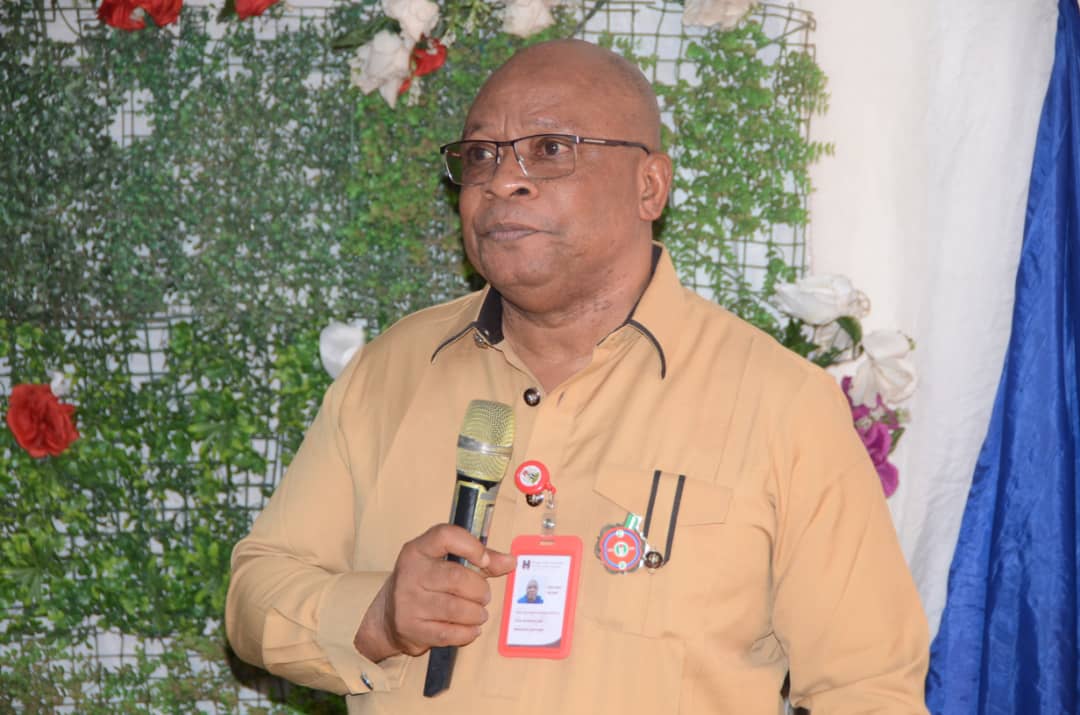The Federal Government has decided to halt the realignment of the Lagos-Calabar coastal highway, a decision influenced by the presence of critical submarine cables along the coastline.
This announcement was made by the Minister of Works, Dave Umahi, during the third stakeholders meeting held in Lagos.
Umahi explained that the realignment plan had to be reconsidered to protect vital infrastructure. “Three essential infrastructures are situated in one area. One of them is the 33-country 2Africa submarine cable, which links approximately three billion people,” he noted. The 2Africa cable, which landed at Mopo, is accompanied by the West African Cable Systems (WACS), established in the same area for around 17 years.
These submarine cables are crucial for global and national communications, and any disruption could have significant repercussions. “Submarine cables are not possible without electricity. They will not work. A vital component of the nation’s security infrastructure is the submarine cable. All individuals will be impacted if it is impacted,” Umahi emphasized.
- Nollywood and Skits Videos: FG Sets New Guidelines with Ban on Money Rituals, Ritual Killing, and Smoking
- he Minister of Sports Praises Lookman for Historic Europa League Final Hat-Trick
The Federal Government’s decision follows warnings from telecommunications companies about the potential for a nationwide network outage if the highway realignment was to proceed as initially planned. The telecom companies highlighted that the cables’ disruption could severely affect connectivity across the nation.
This halt comes after the controversial demolition of several beachfront businesses, including Good Beach and Landmark, which were affected by the initial stages of the highway’s construction. The destruction of these establishments had already sparked significant public and commercial outcry.
To ensure the Lagos-Calabar Coastal Highway project can continue without jeopardizing critical infrastructure, the Federal Government is now exploring alternative routes and solutions. This strategic shift underscores the balancing act between development and the preservation of essential communication networks.
The coastal highway, envisioned as a significant infrastructural advancement, aims to boost economic activity by improving transportation links between key cities. However, the presence of the submarine cables necessitates a careful approach to avoid any disruptions that could affect not just Nigeria but the broader region connected by these communication lines.
The Federal Government’s reassessment of the highway project highlights the importance of maintaining essential services while pursuing infrastructural development. As the government looks into alternative solutions, stakeholders remain hopeful that a feasible path forward will be found that accommodates both the need for improved transport infrastructure and the protection of vital communication networks.




